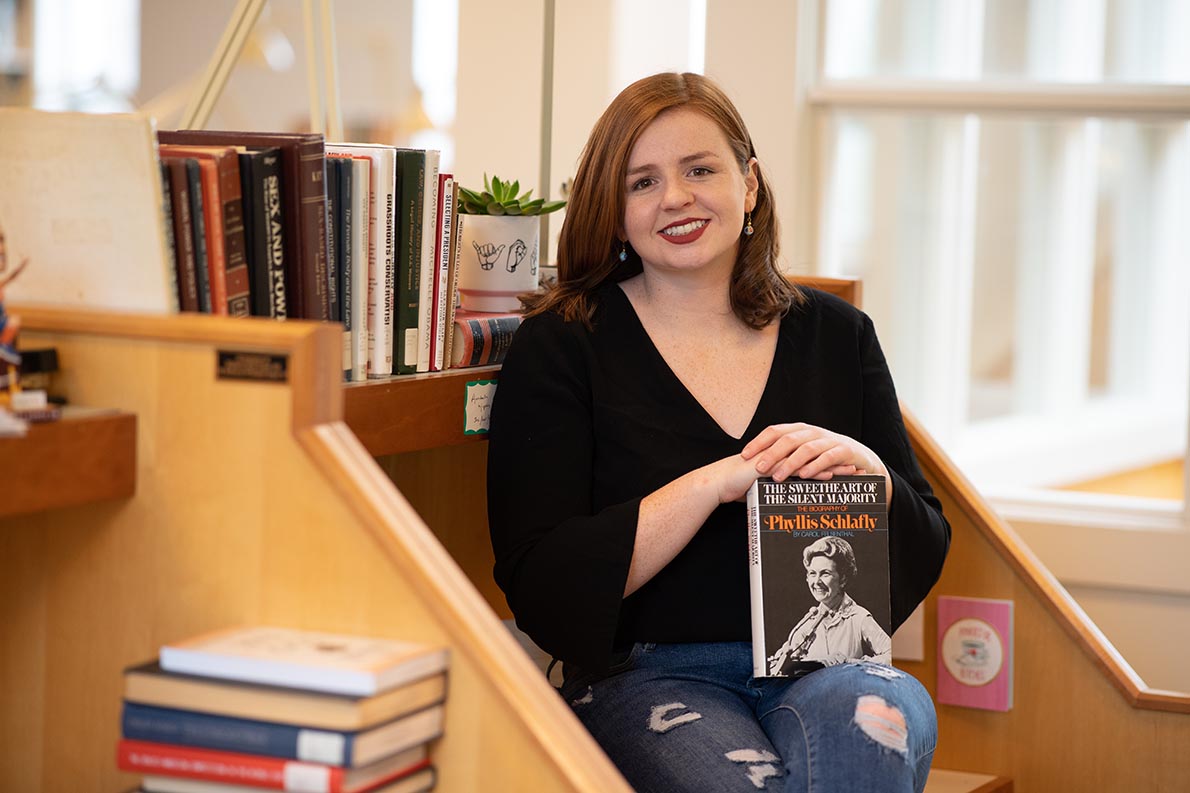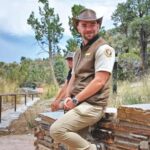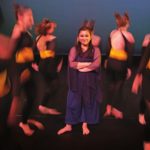
Women fighting women

When Annabelle Hopkins learned about the Equal Rights Amendment, what interested her the most was not only that it hadn’t passed but that it was “a women’s movement led by Phyllis Schlafly that shut it down,” she said. “Schlafly was a force to be reckoned with. She kick-started this movement and gave a voice to women who didn’t feel like they could have a voice at the time.” Though when Hopkins started her research, the Equal Rights Amendment (ERA) wasn’t a hot topic (the initial deadline to ratify the amendment passed in 1982), she continued to adjust her plan as it became very timely with the recent ratification of the amendment by Nevada and Illinois. “I wanted to shed a light on why women still oppose it,” she said. Her research compares “the content from the 70s to the last 10 years of rhetoric against the ERA written by women for women.” With the support of a Copeland Fund grant, she traveled to the Phyllis Schlafly Center in St. Louis, Missouri, to study the documents that inspired the movement that stalled the ratification of the amendment in the 1970s. “There are a lot of assumptions made in literature about what the movement stood for based off what Schlafly said at a rally or what she titled her book, but there was nothing that I could find breaking down her words,” said Hopkins.
Using content analysis, Hopkins examined the language from both time periods coding it into categories of topics and arguments and found that the same themes Schlafly used in the 70s still composed the primary arguments combatting the ERA today. More than 90 percent of the arguments made in the 70s relied on social argumentation. “In the contemporary sources, the most interesting thing was that there was almost no shift in the percentages. The majority of women authoring literature against the ERA today rely on the exact same arguments that Schlafly used herself, which surprised me,” she said. “The most common themes and topics that come up are what political scientists refer to as more feminine political topics like children, women and work, the household, and the nuclear family. She focused on feminine issues and that’s what we’re seeing today, too.” Though Hopkins didn’t agree with everything Schlafly said, her results left her with respect for the movement’s lasting impact. She added, “People are still mimicking what she did and how she did it, and I think that’s indicative of her legacy.”
For Hopkins, “It would have been interesting to study the pro-ERA movement, the contemporary argument, but ultimately, I’m always more drawn to understanding the other side,” she said. She’s also using this ability to understand both sides of the equation as she pursues a role as a legislative fellow in the California state capital after graduation. “I want to work in legislation for a handful of years, work with policy,” said Hopkins who served as chair of Wooster’s Campus Council, a committee of administrators, faculty, staff, and students that creates legislation in the areas of student life and extracurricular affairs. She explained, “That’s what I’m already doing here at Wooster, working with policy. I like to understand the mechanics of it because I’d like to work in advocacy for women, but I want to learn how things get done first.”
[A version of this story appeared in Wooster magazine.]
Posted in Independent Study on July 3, 2019.
Related Posts
Related Areas of Study
Political Science
The study of power, with concentrations in U.S. politics, international relations, political theory and comparative politics.
Major MinorHistory
Critically examine events and societies of the past and learn to tell the stories future generations need to know
Major Minor

